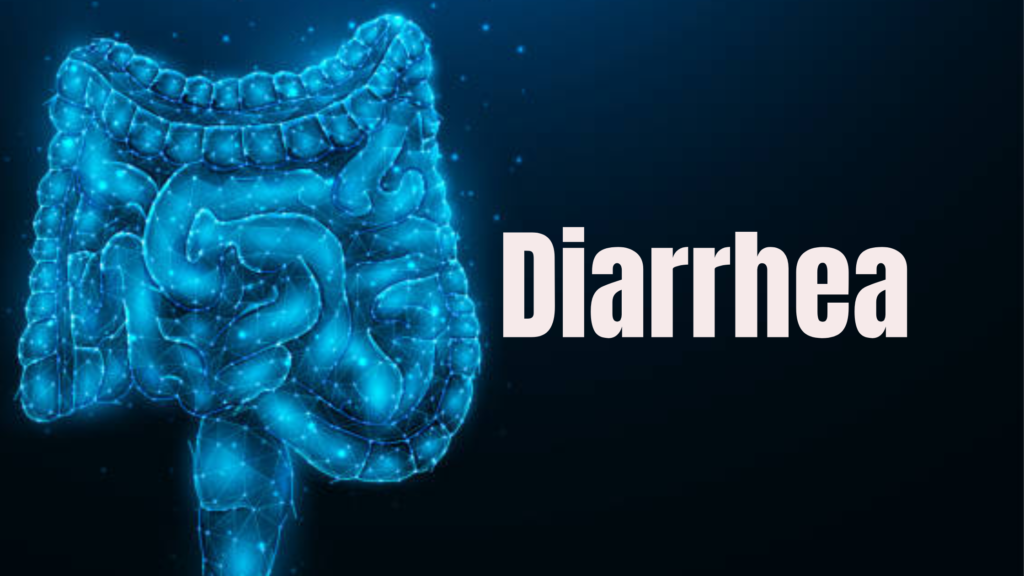🚽 What Is Diarrhea?
Diarrhea is when a person has loose or watery stools three or more times a day. It can be mild and short-term, or severe and life-threatening, especially in young children, older adults, and people with weakened immunity.
🔍 Types of Diarrhea
Acute Diarrhea
Lasts a few days to a week
Usually caused by infections (viruses, bacteria, or parasites)
Persistent Diarrhea
Lasts more than 2 weeks
Chronic Diarrhea
Lasts more than 4 weeks
Often linked to underlying conditions like IBS, IBD, or food intolerances
🧫 Common Causes
🔬 Infections:
Viruses – e.g., Rotavirus, Norovirus
Bacteria – e.g., E. coli, Salmonella, Shigella, Vibrio cholerae
Parasites – e.g., Giardia, Cryptosporidium
🍽️ Others:
Contaminated food or water
Food intolerances (e.g., lactose intolerance)
Medications (e.g., antibiotics)
Digestive disorders (e.g., Crohn’s disease, ulcerative colitis)
⚠️ Symptoms of Diarrhea
Frequent loose stools
Abdominal cramps or pain
Nausea or vomiting
Fever
Bloating
Urgency to use the toilet
Dehydration (a major risk, especially in children)
🚨 Signs of Dehydration
Dry mouth and tongue
Sunken eyes
Little or no urine (or dark-colored urine)
Dizziness or weakness
In infants: sunken fontanelle (soft spot on the head), few or no wet diapers
💊 Treatment of Diarrhea
✅ Key Goal: Prevent Dehydration
Oral Rehydration Solution (ORS) – Replaces lost fluids and electrolytes
Zinc supplements (especially for children) – Reduces severity and duration
Continue feeding and breastfeeding – Keeps nutrition steady
🧪 Medical Treatment:
Antibiotics – only for certain bacterial infections
Antiparasitics – if caused by parasites
Antidiarrheal drugs (e.g., loperamide) – for adults with non-infectious diarrhea
(Not recommended in children or for infections)
🛡️ Prevention
Wash hands with soap regularly
Drink clean, safe water
Practice food hygiene
Breastfeed infants exclusively for the first 6 months
Vaccinate children against rotavirus
✅ Key Facts
Diarrhea is usually mild and treatable, but can be serious without proper care
The main danger is dehydration
ORS and zinc are life-saving and recommended by the WHO
Safe water, hygiene, and sanitation are essential to prevent it
